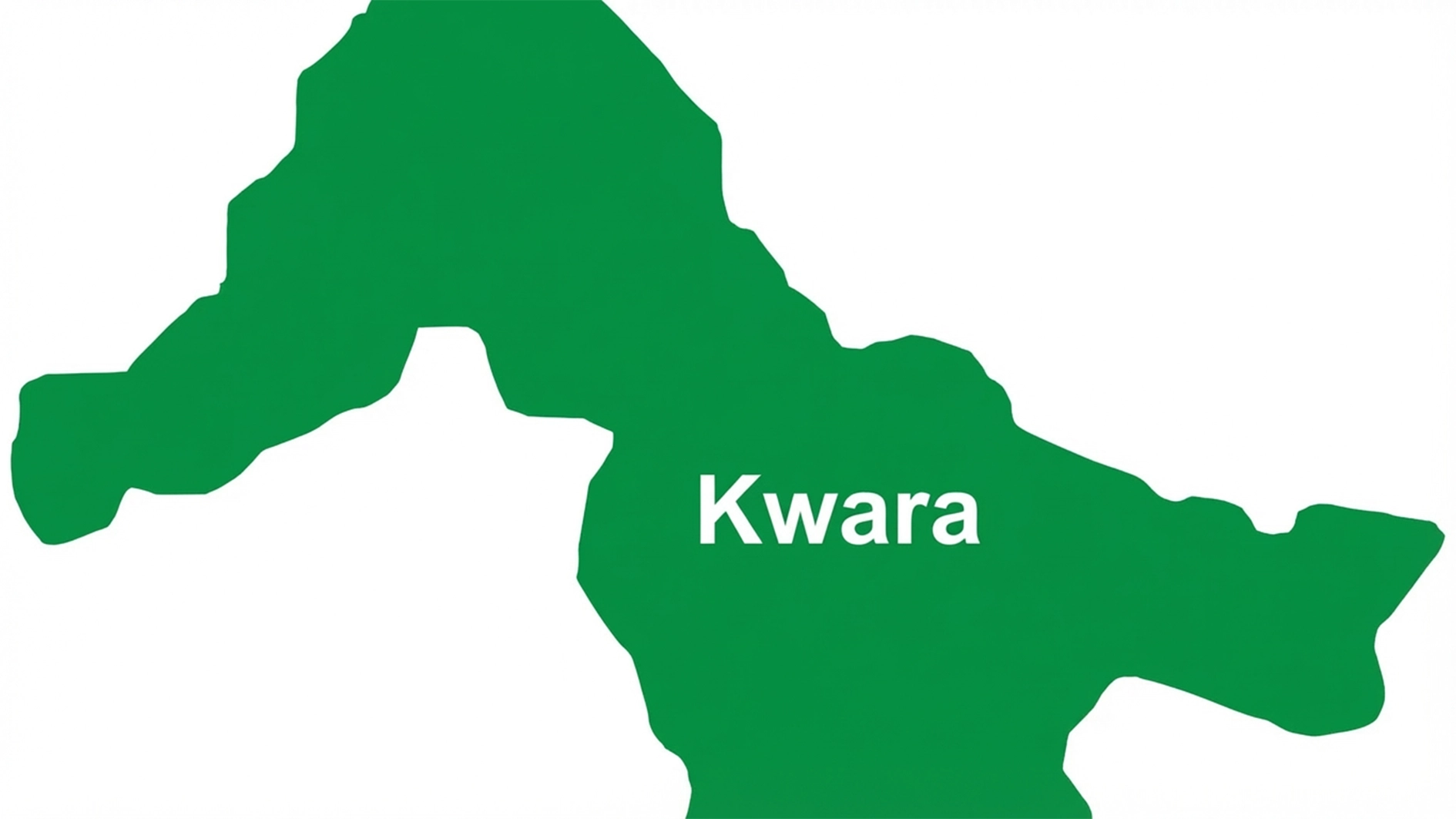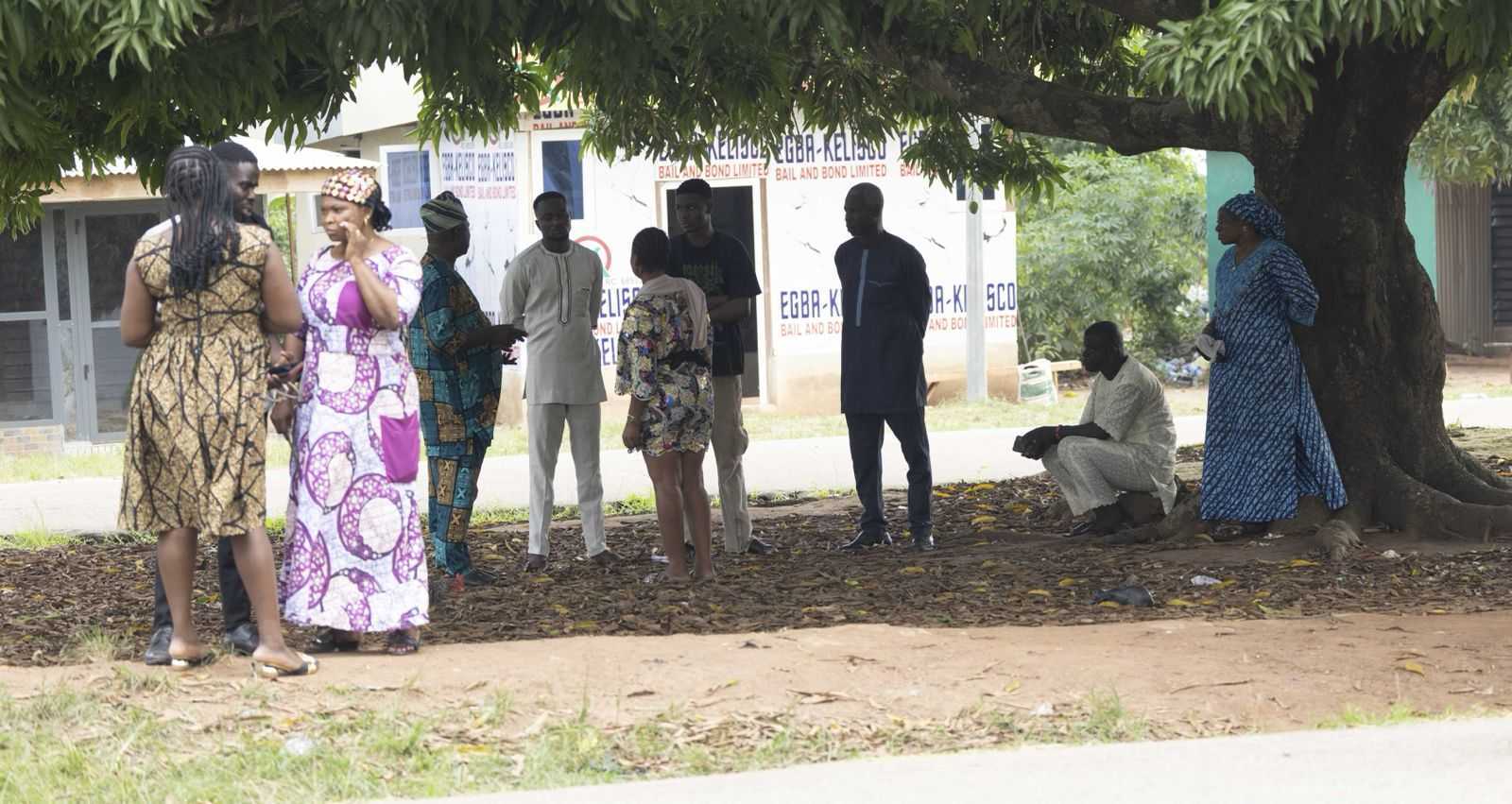The Federal Government has reaffirmed its commitment to creating a more inclusive digital economy by launching a fibre-to-hostel connectivity initiative at the University of Lagos (UNILAG).
Minister of Communications, Innovation and Digital Economy, Dr Bosun Tijani, stated this during the Fibre 2 Hostel Initiative, themed, “Bandwidth that Builds Bright Minds: Connecting Students, Empowering Futures,” organised by Federal Ministry of Communications, Innovation and Digital Economy, said that meaningful broadband access had become critical to national development.
He said that broadband fuels academic research, digital learning, startups, and global digital participation, adding that the new initiative aims to deliver high-speed Internet of between 50 to 100 Mbps to student hostels, well above the national target of 25 Mbps.
The minister emphasised that the new initiative represents a strategic effort by President Bola Tinubu’s administration to bridge the digital divide, particularly among students.
He, however, announced that four hostels at UNILAG had already been connected in the pilot phase, assuring the students of the project’s sustainability, as well as pledging to work with partners to maintain service quality.
Tijani also advised the students to harness digital tools for learning and innovation, and not for academic malpractices. He revealed that UNILAG is the first of eight universities selected for the pilot phase, and the goal is to expand the project nationwide.
Vice Chancellor of UNILAG, Prof. Folasade Ogunsola, lauded the minister for chosen UNILAG as a pilot institution, while highlighting the university’s ongoing efforts in digitisation and innovation, including the development of campus-wide hotspots.
Executive Secretary, National Universities Commission (NUC), Prof. Abdullahi Yusufu Ribadu, represented by Deputy Director, NUC, Ayoteju Ogun, reiterated the commission’s commitment to supporting digital transformation in Nigerian higher institutions.






